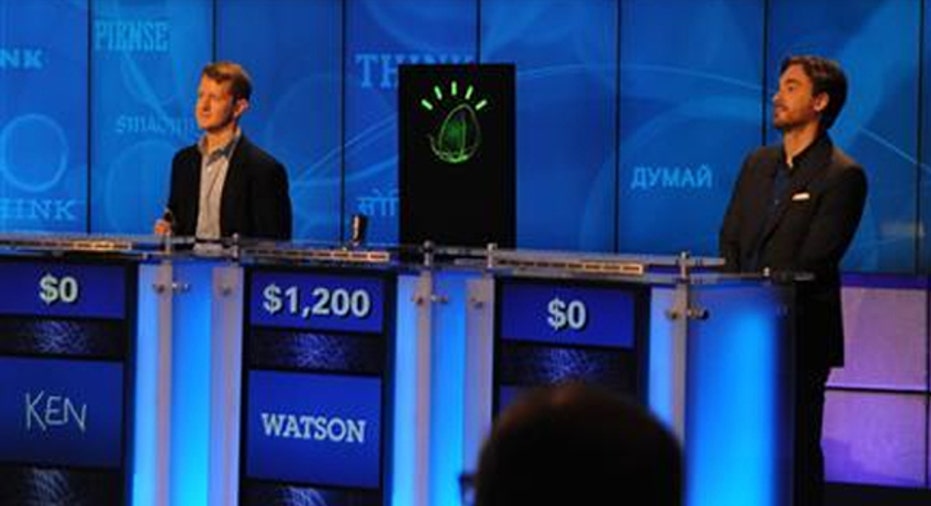After Winning Jeopardy, IBM's Watson Takes on Cancer, Diabetes

Most people have heard of Watson, the IBM technology platform that in 2011 famously won on Jeopardy. And today the company says this cloud-powered brainiac is just what the doctor ordered.
As in, your doctor.
“Watson is on the Cloud right now, making a difference,” said Kyu Rhee, MD, chief health officer at IBM. “What I like to say is, we are in an era of cognitive, and the future of health care is cognitive. … The Cloud is an opportunity to bring together, in a secure, private manner, data.”
With the Watson Health Cloud, IBM is building an ever-growing Cloud-based repository of health-related data with the goal of improving population health. Dr. Rhee calls it IBM’s “moonshot.”
Watson Health, launched in April 2015, is already working in several applications, including diabetes treatment, medical imaging and research. But it is also working to apply its cognitive computing technology to the data challenges of cancer treatment. IBM worked with clinicians at Memorial Sloan Kettering Cancer Center to develop an application that helps oncologists personalize cancer treatment decisions.
Watson has the ability to read, understand and learn medical literature (300 medical journals and 200 textbooks, to name a few) in order to develop “knowledge-driven insights for the point-of-care oncologist,” said Dr. Rhee. “The average doctor reads four or five journal articles per month. In order to read all of them would require reading 29 hours per day. It’s impossible for doctors to know all.”
Watson, on the other hand, can read 40 million documents in 15 seconds, according to IBM. It ingests digitized data and translates it into insights.
“Watson helps humans make better decisions,” said Dr. Rhee.
And those decisions, according to Dr. Rhee, are already disrupting health care.
“The biggest advance in 200 years is the stethoscope,” said Dr. Rhee. “Watson will be the biggest in the next 200 years. I believe every health-care decision that will be made will be made with a cognitive system like Watson.”
Not only is Watson advising on care, but it is breaking the boundaries of knowledge dispersal by tapping the power of the Cloud to send the information to health-care providers on mobile devices — anywhere in the world.
Technology, said Dr. Rhee, is a catalyst to improving health worldwide.
“There is a disruption underway,” he said. “It’s about the ability to democratize health. It’s about the ability to democratize access to knowledge. The power of being able to provide the access and the knowledge and democratize it is what is exciting and magical.”



















